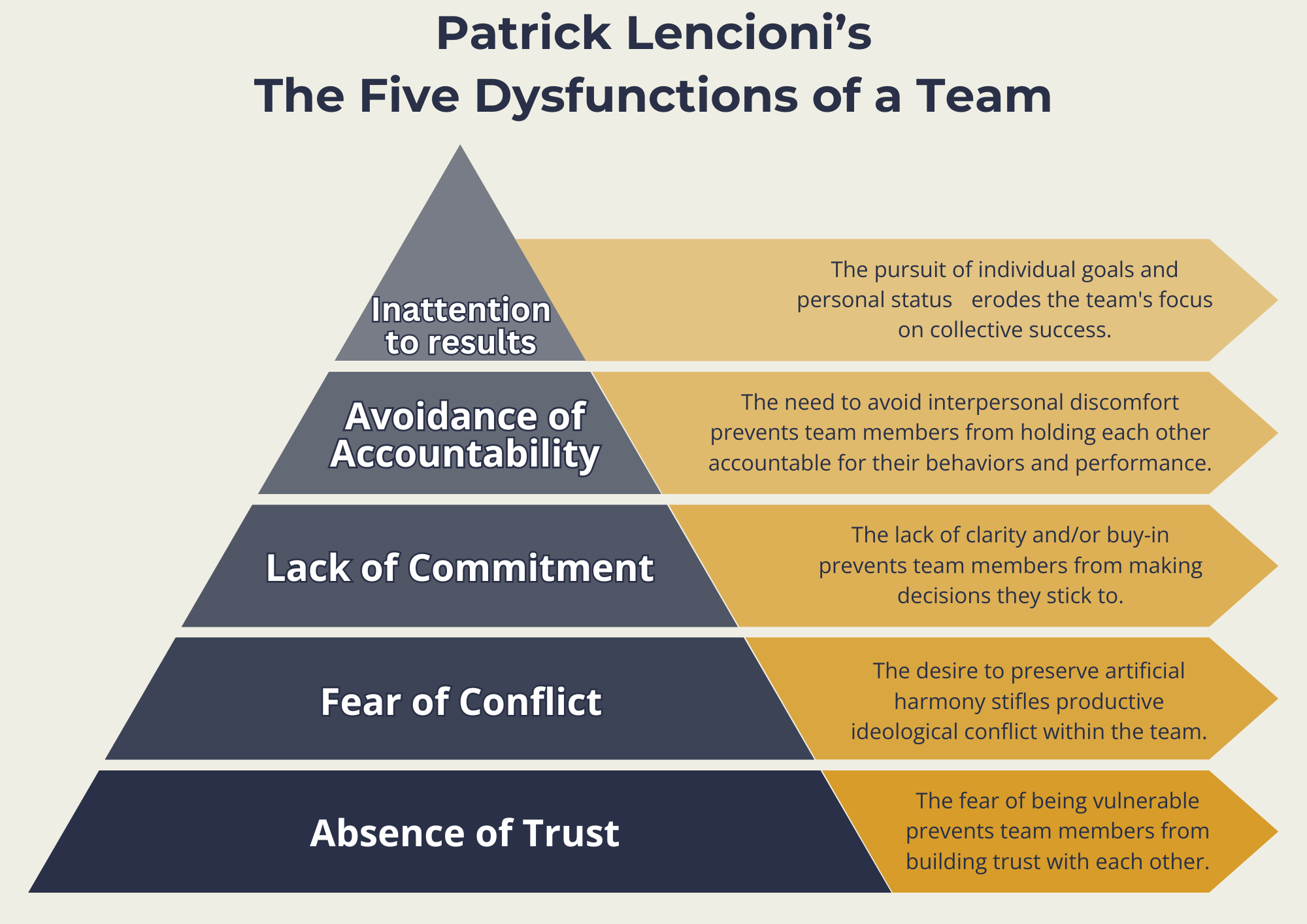I was coaching a CFO recently, and she mentioned something that immediately struck me as a red flag. "I think my team is in a really good place. There isn't any conflict. Everyone just puts their head down and gets on with the job"
Sounds great, right? Except my immediate thought was: That's a problem.
Because after 2 decades working with finance leaders I know one thing for sure; if no one in your team is pushing back, challenging decisions, or voicing concerns, that's not a sign of harmony. That's a sign of dysfunction.
Think about it. The higher you go in leadership, the less likely people are to challenge you. That's not because you've suddenly started having only brilliant ideas. It's because people are holding back.
Maybe they don't feel safe speaking up. Maybe they don't think it will make a difference. Either way, the result is the same: you're flying blind without even realising it.
Without healthy tension, issues that could've been resolved early escalate into crises. Poor ideas move forward simply because no one speaks up. And team members miss out on the honest feedback they need to grow. In the absence of challenge, silence becomes dangerous.
The best CEOs worry when they aren't getting challenged. I know this because they tell me. They don't want "yes" people. They want a team that helps them make better decisions. They invite challenge. To the best CEO's, challenge equals engagement. Challenge demonstrates that their team cares.
The same goes for CFOs. If your team never questions you, you have to ask yourself. Are they disengaged? Or are they afraid?
Take Ray Dalio's 'Radical Transparency' at Bridgewater Associates. In his company, employees, no matter their level, are expected to challenge ideas, even from the CEO. Disagreement isn't seen as insubordination. It's seen as a duty.
So here's my challenge to you: the next time you're tempted to ask, "Does anyone have any feedback?", try asking instead, "What's wrong with this idea?".
Not only does this force the CFO themselves to confront their own internal fear of being seen as the 'no' person, it also allows the CFO to go first and open themselves up to constructive conflict, paving the way for their team to do the same.
How much do you believe that you have a culture of radical candour amongst your executive team?
Do you want to be surrounded by people who tell you what you want to hear, or people who push you to be better?
I'd love to hear your thoughts.


